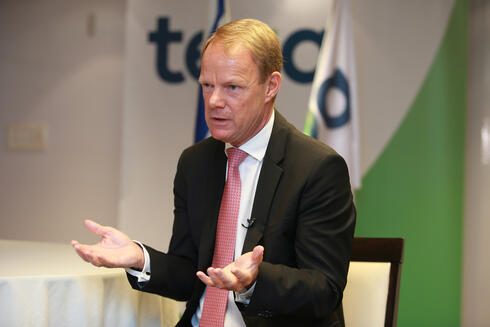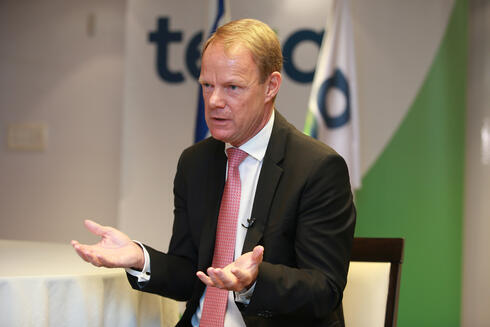
Analysis
Why are investors so pleased about Teva's $4.35 billion opioid settlement?
The settlement removes the cloud of uncertainty that hovered over Teva, which on the one hand prevented investors from placing trust in its stock, while on the other hand also prevented Teva management from making substantial moves
How can you explain the joy of investors at Teva’s announcement on Tuesday that it had reached a $4.35 billion settlement in the U.S. opioid lawsuits? After all, not only is this a massive sum any way you look at it, but it is also far more than the settlement Teva proposed back in 2019. But the joy can be explained in one word - uncertainty. Reaching a single comprehensive settlement that will exempt it from separate unrelenting legal proceedings in almost every U.S. state, that would have required significant resources, both financial and managerial, was the holy grail for Teva. In addition, Teva will ‘only’ be paying state and local governments up to $3.7 billion in cash, with the rest being a contribution of $1.2 billion worth of the opioid overdose reversal drug naloxone. The fact that the company will also be paying the sum over 13 years means it will be able to manage this new expense considering it registers an annual profit of around $2 billion.
The settlement removes the cloud of uncertainty that hovered over Teva, which on the one hand prevented investors from placing trust in its stock, while on the other hand also prevented Teva management from making substantial moves. As a result, the announcement on the settlement also included a declaration from Kare Schultz, Teva's President and CEO, that he would be sharing Teva's updated long-term strategic and financial objectives through 2027 in a call on Wednesday.
Teva’s involvement in the opioid crisis was further complicated by the expiry of its patent on COPAXONE and the disastrous $40 billion acquisition of Allergan Generics. With Teva still having a net debt of some $20 billion due to that acquisition, it couldn’t have afforded a settlement similar to the one that saw Johnson & Johnson and others pay $26 billion. The company, therefore, had insisted on including drugs as a major component of its opioid settlements, proposing in 2019 to settle its nationwide opioid liability for $250 million in cash and $23 billion in contributed medicines that was rejected by state and local governments.
Even though the new settlement will require Teva to pay a much higher sum, it does at least allow Teva to move forward. Nevertheless, Teva will need to make significant moves to present investors with its future growth engines that will allow it to once more become a leading pharma company. After five years of turmoil, Kare Schultz, the Danish CEO who was brought to Israel to help get Teva back on track, can finally prove his worth on the business front, as well as the legal one.














